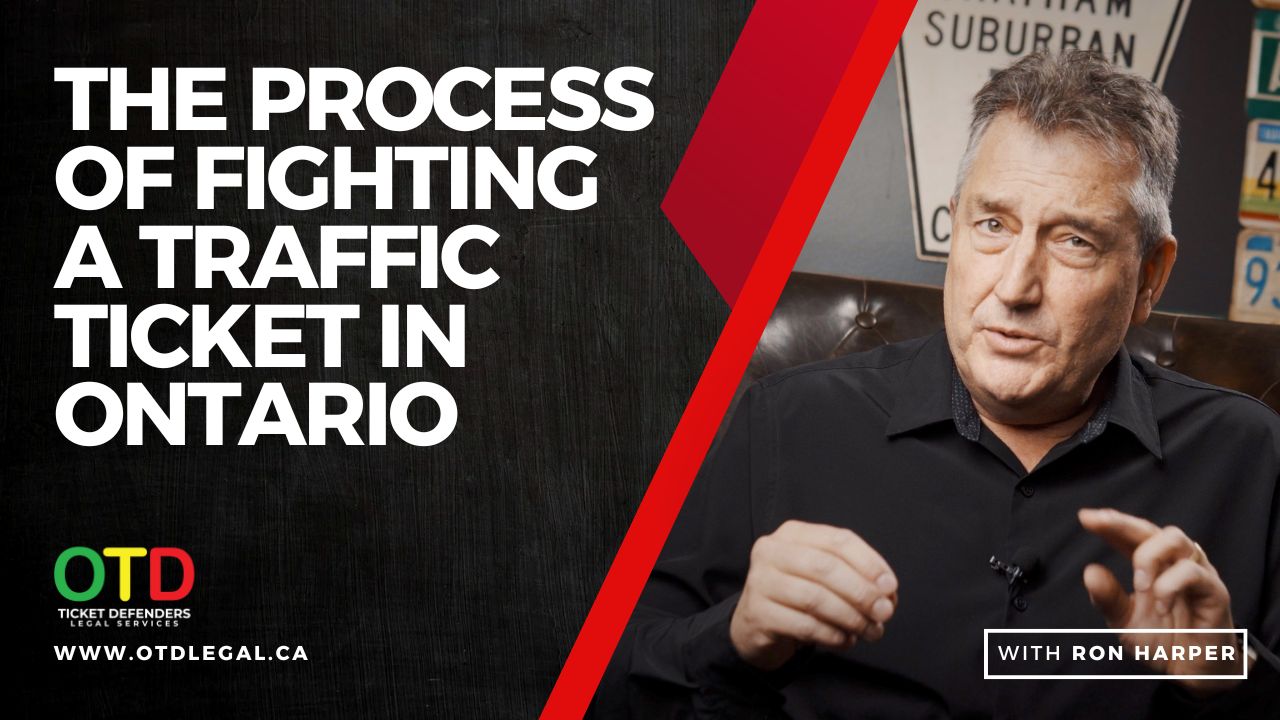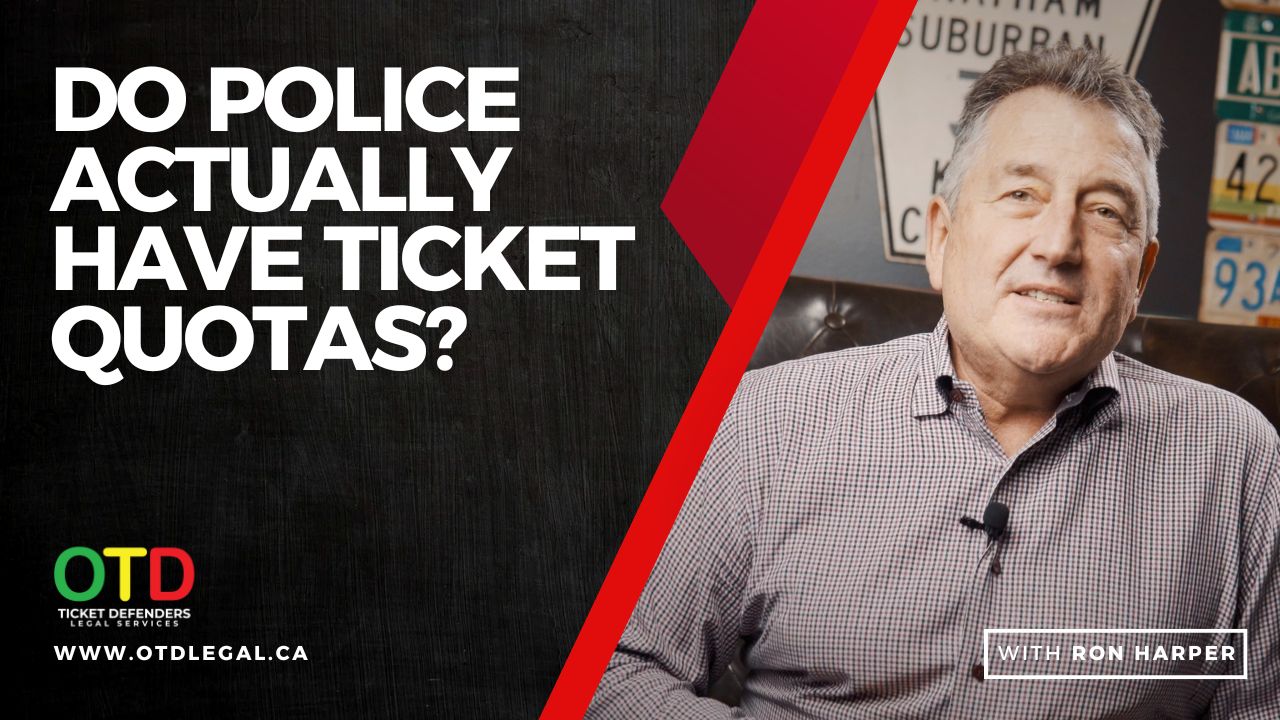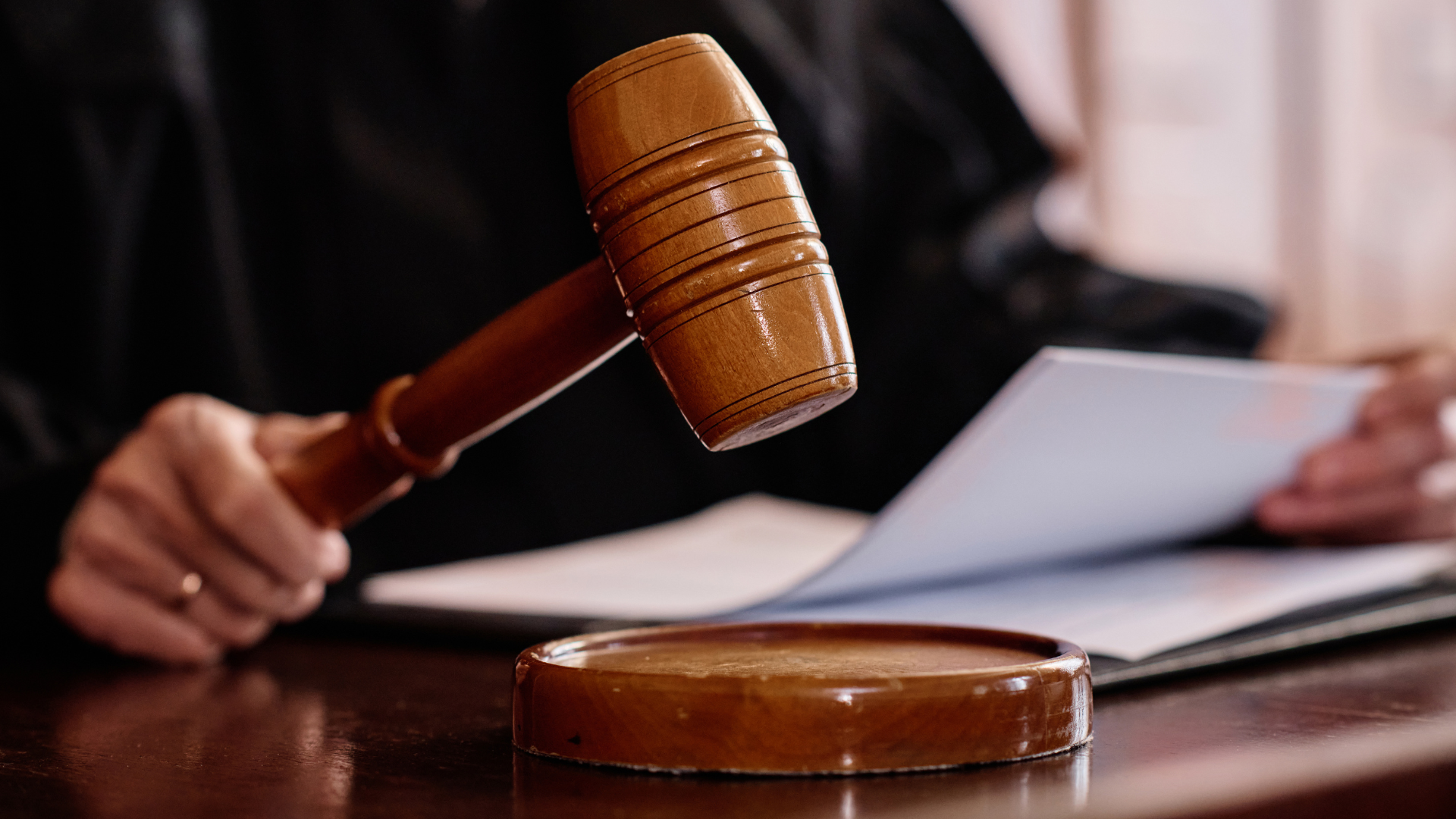Dealing with traffic tickets can be challenging, but understanding the process and your options is essential. Whether it’s a speeding ticket, an illegal U-turn, or any other traffic violation, navigating the consequences is crucial. Paying a fine without further action often appears straightforward but can have unexpected outcomes.
When you receive a traffic ticket, you might feel like the best option is to simply pay it off and move on. However, this decision equates to pleading guilty. Your record will reflect the conviction, potentially resulting in increased insurance rates. More so for young or novice drivers who may face additional consequences, such as a license suspension if they’re close to their demerit points limit.
Key Considerations
- Pleading Guilty vs. Fighting the Ticket
- Pleading Guilty: By paying your fine, you accept the violation’s consequences immediately. This means the violation goes onto your driving record, which can lead to higher insurance premiums.
- Fighting the Ticket: Opting to contest your ticket in traffic court opens the potential for reduced penalties or even a dismissal. Often, you’ll find that there may be issues with how the ticket was issued or with the evidence, which can affect the prosecution’s case.
- Court Process
- Before your trial, you may have the option to attend an Early Resolution meeting with a prosecutor. This meeting allows you to discuss potential reductions or alternative resolutions without proceeding to a full trial.
- Your citation includes details about your court hearing. During this trial, evidence will be reviewed, potentially offering opportunities to dispute the charge.
- Factors like full dockets can work in your favour. On particularly busy days, prosecutors may choose not to pursue minor infringements aggressively.
- Legal Guidance
- Seeking legal defence with experienced professionals like OTD Legal increases your chances of a favourable outcome. Experienced paralegals are equipped to handle complex traffic laws to build a robust defence.
- A strong defence might highlight errors or inconsistencies in the ticketing process, which could lead to a ticket being withdrawn.
- Long-term Implications
- Avoid having a notice of conviction affect your driving privileges. Multiple offences or serious traffic violations can lead to severe consequences, including prolonged license suspensions.
Potential Damages of Just Paying the Ticket
- Insurance Rates: A conviction on your record is likely to increase your insurance rates. This could affect not just your policy but also any policyholders you are listed under—such as your parents.
Demoralization: Having a violation on your record might deter your confidence in future dealings, both on the road and legally.
Video Transcription:
As a former or retired prosecutor, I’d like to talk to you today about why you want to fight your traffic ticket. It is important to consider certain things that happen when you do end up with a ticket. One of the big problems is that it’s a bit overwhelming. Most of us are not used to that, and that’s fine, it happens.
Some of it, though, is guilt, and you feel bad about this. It’s just simply a pain to look at, let alone try to deal with, but you have to kind of fight through that and realize that it’s usually a good idea to do something more than just pay a ticket.
So, if you simply pay the ticket, here’s what happens: Nothing’s reviewed any further. If there’s a problem with the disclosure or anything wrong with that ticket, you’ve avoided all of that and you’re simply paying a ticket, which now shows up on your driver’s abstract. Now the consequence of that can also be an increased insurance rate.
Sometimes, just by paying a ticket, there are things you’re not aware of. For example, if you’re a G2 driver, you’re only allowed a certain number of points. So if you get a ticket, you’re embarrassed to tell your parents, for example, and you decide, “Well, I’ve got my own savings, I’m just going to pay it and make it go away and never speak of it again.”
But here’s a G2 driver that pays a ticket that’s four points. Well, they get a notice in the mail that their license has been suspended. Now that record looks like this: You’ve got a speeding ticket, but there’s a separate matter entirely, which is the suspension. Now you’ve actually got two majors on your record, and now your insurance goes through the roof.
For that individual, for example, if he’s under his parents’ insurance, their insurance goes up. Oftentimes in that situation, not only do the parents’ insurance go up because of it, they are now forced to get insurance on their own. So I can tell you from the perspective of being a prosecutor, these are things we need to consider. You need to consider that. These are things I look at on any given day, given that experience.
One example comes to mind where there was a young woman and she received a ticket. The good news was that she did come in and she did have a conversation with me about this ticket. She was very remorseful, inordinately so. I don’t know why that is. I think it’s probably because she comes from a very good family and because a person in authority gave her a ticket, she was overwhelmed with guilt. But she did have the knowledge to do something about it and at least talk to somebody, and she did.
I looked at the ticket, I listened to what she told me happened, and I knew there was a problem. There was a problem from the prosecution’s perspective that, in my mind, I knew they’re not going to be able to prove this case. I know that from doing this for many years. Now, the next step is I have to order disclosure to prove my theory.
When the disclosure did come in, I was excited. It was exactly as I thought. We did go forward with that defense. She was completely exonerated. It was dismissed, and we were all very, very happy. That young lady was super excited, as you can imagine, because that happened for her.
So, what I think is that there are many things that this company, myself, can bring to the table in order to defend anyone on these charges. By way of an example, let’s say if you fight a ticket and you’re on your way to court, there are things that happen from a prosecution perspective that you may not be aware of.
A full docket—and you think, for someone defending themselves, when they walk into that court and see a crowd of people, they realize instantly they’re going to be there for a very long time. Well, that may be true, but that is actually something that may help you, even if your case is one where you know it was you, you know you did it, and you’re just hoping for the best.
Well, a third thing actually kicks in. It’s a very busy day, so the prosecutor is going to be under enormous pressure. They’re going to be more agreeable to some sort of negotiation. You may find that on the most minor cases on the docket, the prosecutor simply makes the decision, “Well, I can’t prosecute this today, it’s relatively minor, I’m either going to stay that matter or I’m going to withdraw it.” But the only way we know those types of things is if you do decide to fight that ticket.







